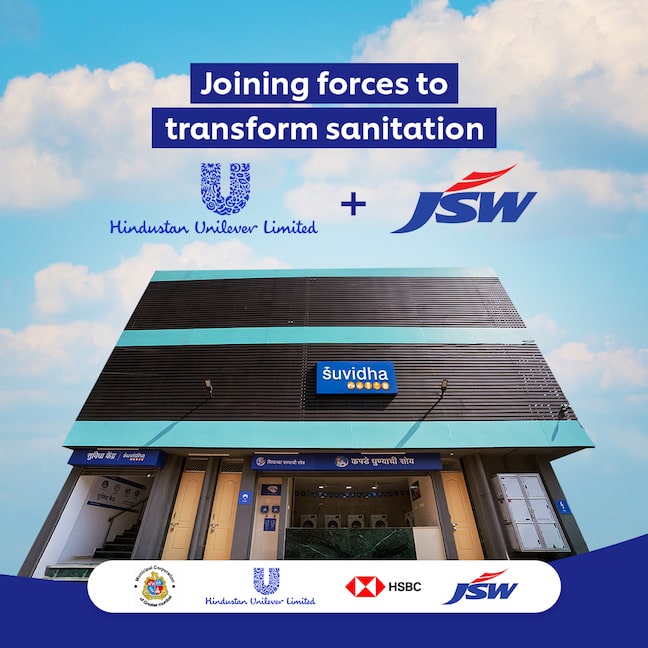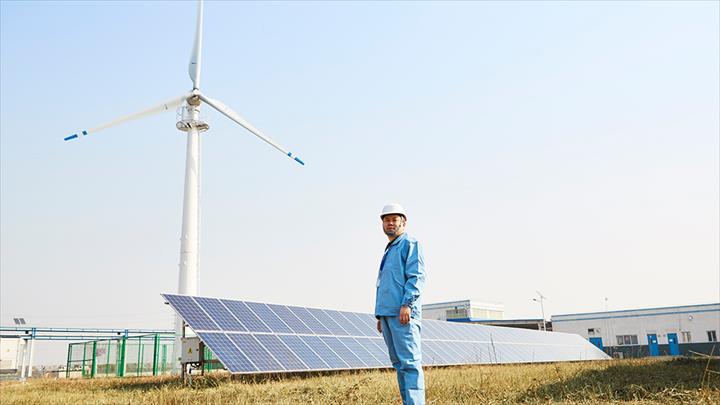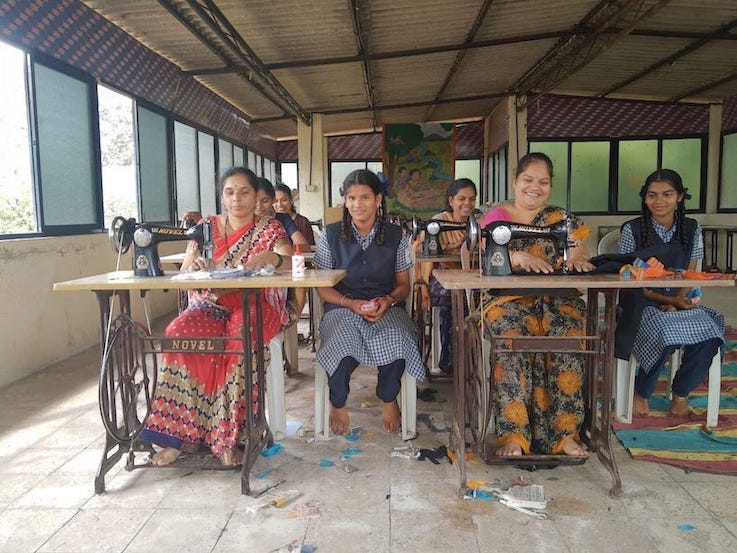Hindustan Unilever Limited is one of the largest Fast Moving Consumer Goods (FMCG) Company present in India for more than 90 years. HUL is a subsidiary of Unilever, one of the world’s leading suppliers of Food, Home Care, Personal Care and Refreshment products. It is home for Lux, Ponds, Vim, Dove, Surf Excel, Horlicks, Kwality Walls, Red Label and many other popular brands.
The company’s sustainability goals span environmental, health, and social inclusion pillars. It spent a total of Rs. Rs 208.32 Cr on CSR in FY 2022-23, securing a position in The CSR Journal’s list of top companies for CSR in India in 2023.
While HUL actually spent Rs. 201.32 crore during FY 2022-23, the remaining Rs. 7 crore which the company was obligated to spent, was deposited in the unspent CSR Account as per Section 135(6) of the Companies Act.
Sustainability
In climate action, HUL has actively reduced its carbon footprint by investing in renewable sources and innovative technologies. The company achieved a 44% reduction in total energy consumption per tonne of production since 2008, emphasizing renewable energy through solar and wind installations. In 2022, the company collected and processed over 1, 00,000 tonnes of plastic waste, as per its Annual Report. The company aims to create a circular economy and reduce food waste from factories.
Waste management initiatives
Committed to a waste-free future, HUL implements a comprehensive reduce-reuse-recycle model, witnessing progress in reducing virgin plastic use. In 2022, over 100,000 tonnes of plastic waste were collected and processed, surpassing the plastic used in product packaging. Collaborating with Xynteo India Private Limited and UNDP, HUL promotes waste management awareness and initiatives.
As part of its Plastic Waste Management Programme with UNDP, HUL has set up three Swachhta Kendras (material recovery facilities) in Mumbai: K-East (Andheri East), H-West (Bandra West), and R-North (Dahisar), reaching out to over 100,000 households for collecting and segregating dry waste.
The programme ‘Waste No More’ in partnership with international organisation Xynteo has reached out to more than 92 lakh students through direct school interventions and 27 lakh children digitally. The project aims to create awareness and drive behaviour change on waste segregation and recycling among school children.

The Company in partnership with the State Bank of India (SBI), Brihanmumbai Municipal Corporation (BMC) and Aurangabad Municipal Corporation (AMC) has set up Material Recovery Facilities in Mumbai and Aurangabad with the aim to recycle plastic waste and transform behaviour in communities through education and awareness modules.
The Akhil Bhartiya Gramin Uthan Samiti (ABGUS), a voluntary civil society organization with CSR support of Hindustan Unilever Limited (HUL) inaugurated a Water Management Project in village Dhingi of block Nabha in district Patiala, Punjab in April, 2021. This wastewater management project was aimed to recycle the wastewater and reuse it for irrigation & groundwater recharge along with rainwater harvesting.
Water Conservation Programme
India is a water scarce region and water supply is expected to be half of its demand over the next decade, therefore Hindustan Unilever Limited (HUL) has identified water as a key area of intervention and set-up Hindustan Unilever Foundation (HUF).
Hindustan Unilever Foundation (HUF) is a not-for-profit Company that anchors water management related community development and sustainability initiatives of HUL. HUF operates the ‘Water for Public Good’ programme, with specific focus on empowering local community institutions to govern water resources and enhancing farm-based livelihoods through adoption of judicious water practices.
HUF partners with non-profit organisations in waterstressed regions across the country to support rural communities with water conservation and encourage regenerative agricultural practices amongst farmers. The initiative, along with its partners, has delivered a cumulative and collective water potential of over 2.6 trillion litres through improved supply and demand water management, over 1.7 million tonnes of additional agricultural and biomass production, and over 110 million person-days of employment due to project interventions. Till now, HUF’s programmes have reached more than 14,000 villages in 13 States and 2 Union Territories.
‘Swachh Aadat, Swachh Bharat’ (SASB)
Suvidha – Community Hygiene Centres
Suvidha is an urban water, hygiene and sanitation community centre, that was first set up in Ghatkopar, Mumbai. The biggest Suvidha centre is in Dharavi, Mumbai and is one of the largest community toilets in India. In 2023, the Company built five new Suvidha centres. The Company has established 12 Suvidha centres in Mumbai in partnership with the Brihanmumbai Municipal Corporation, out of which 11 are in partnership with HSBC India. The centres give many people access to clean water, sanitation and laundry facilities.
In June 2023, Hindustan Unilever Limited (HUL) and JSW signed a strategic partnership to establish 10 new Suvidha centres in Mumbai. Suvidha centres serve as a comprehensive solution for the hygiene and sanitation needs of low-income communities, all under one roof. The Centres are conceived keeping in mind the safety and well-being of women and children through inclusive design, adequate lighting, CCTV cameras and a panic button for emergencies.
Moreover, the partners will undertake an extensive behaviour change programme on health and nutrition through home-to-home visits in the communities around the centre. The centres will also be run by staff hired from the nearby communities, thereby building a sense of ownership and pride.




